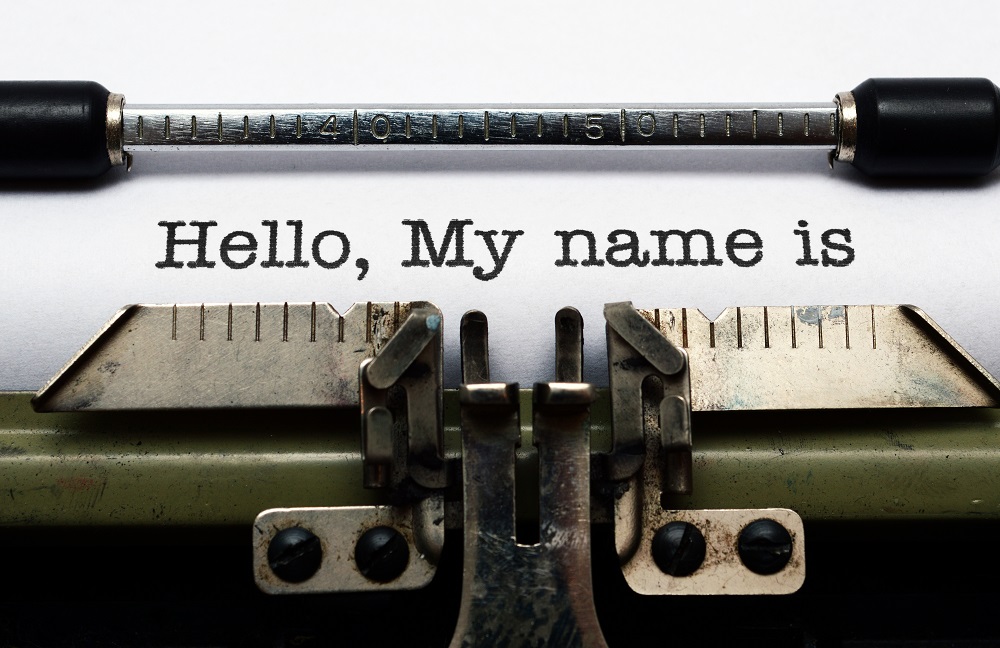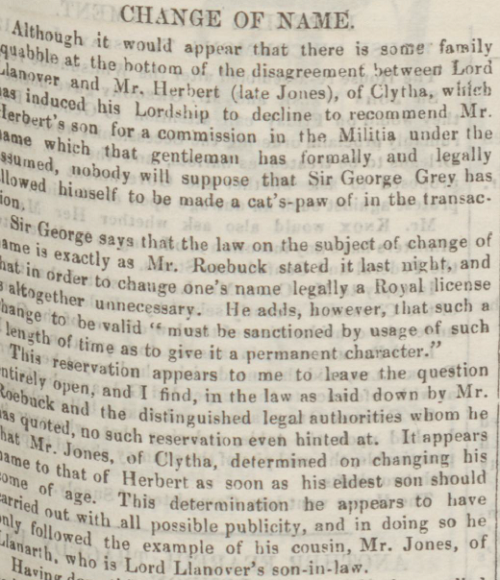By Melissa Rayner
It’s almost here! National Name Yourself Day, which by the way is absolutely a real holiday, will be here in just a couple more days. This special holiday fits in perfectly with another cool thing going on right now–National Poetry Week. Shakespeare by way of Juliet famously asked “What’s in a name?” and now I’d like to pose that question to each of you.
How does your name fit you? What image does it cast in the minds of people who have yet to meet you? Have you ever wished your parents had done a better job saddling you with a moniker?
Personally, I’ve never felt much like a Melissa–a problem I’ve had my whole life. When I was about nine years old, I got the American Girl doll, Samantha, and thought, “Her life is exactly how I wish mine were!” From there, I started a lifelong love affair with the Victorian era, preferring to refer to myself as Victoria, which was so much more me.
Regardless of how unusual my story may seem, people actually fuss over their names way more than you might expect. From deciding whether to take a spouse’s surname, to choosing a pen name, to picking names for our children, pets, what-have-yous, it’s no secret Shakespeare had it wrong when he claimed “a rose by any other name would smell as sweet.”
Need more proof about the prevalence of this predicament? A search for “name change” on my go-to resource, Gale Artemis: Primary Sources, returned an insane number of results: 19,202 monographs, 1,013 manuscripts, 27,969 newspapers and periodicals, 59 magazines, 1 photograph, and 2 maps (maps, because even countries can change their names sometimes).
True, many of the results pertain to the renaming of corporations, institutes, establishments, and the like, but many others share the personal stories of people who decided they were done living by the wrong name. First check out these true historical stories, and then consider how you’re planning to celebrate April 9!
Some people change their names to fit in, like when Larushka Mischa Skikne became Laurence Harvey.
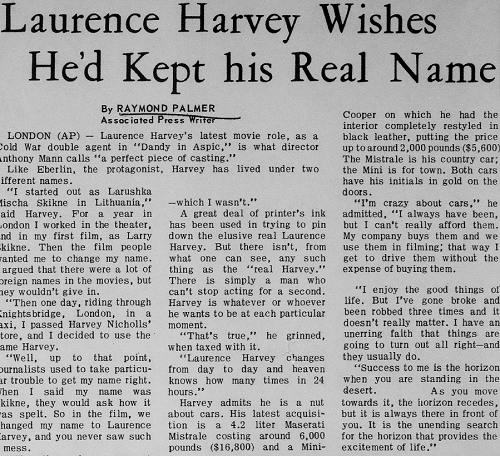 Some people change their names to fade out. Hmmm, are all Smiths really hiding something?
Some people change their names to fade out. Hmmm, are all Smiths really hiding something?
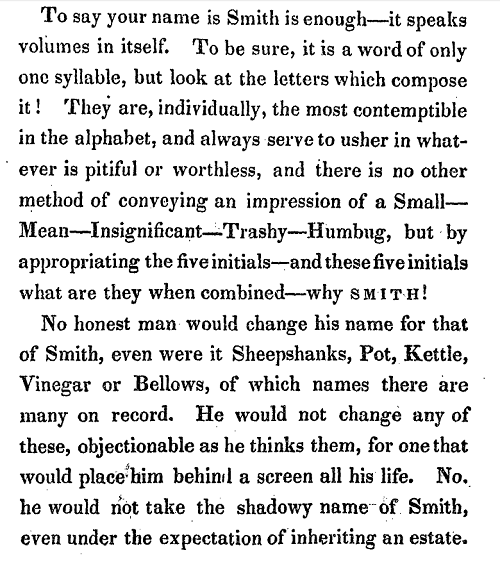
Some choose to move on from negative associations they or their kin have created for themselves.
Others still seem to change their names for no discernible reason at all beyond grabbing a mention in the hometown paper.
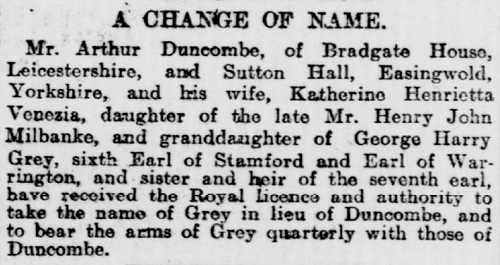
No matter why you decide to change your name, remember, doing so can cause a whirlwind of upset you may not have anticipated. My mother certainly didn’t like me referring to myself as Victoria, after all.
But you know what? If you want to change your name, do it! Do it for yourself! That’s what this holiday is all about. Besides, not changing your name can be every bit as shocking as doing so. Need proof? Check out this FRONT PAGE news from 1949, and rock on with your bad self, no matter what you prefer to be–or not to be–called.
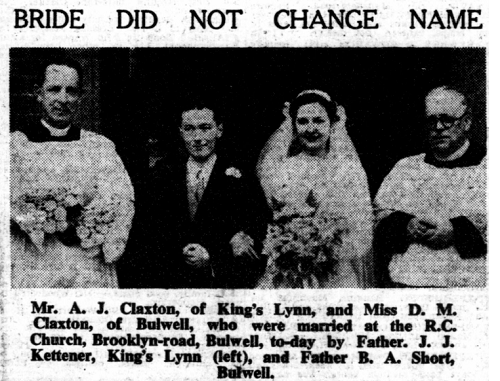
REFERENCES:
- “A Change of Name.” Nottingham Evening Post 6 Jan. 1906: 8. 19th Century British Newspapers. Web. 30 Mar. 2015.
- “Bride Did Not Change Name.” Nottingham Evening Post 13 June 1949: 1. 19th Century British Newspapers. Web. 30 Mar. 2015.
- “Change of Name.” Westmorland Gazette 14 June 1862: 7. 19th Century British Newspapers. Web. 30 Mar. 2015.
- Palmer, Raymond. Laurence Harvey Wishes He’d Kept His Real Name. 27 Mar. 1967. TS News Features, 1944-1993: News Features, 1944-1993. Associated Press Corporate Archives. Associated Press Collections Online. Web. 30 Mar. 2015.
- Smith, Seba. John Smith’s letters, with ‘picters’ to match : containing reasons why John Smith should not change his name : Miss Debby Smith’s juvenile spirit : together with The only authentic history extant of the late war in our disputed territory. New-York: S. Colman, 1839. Sabin Americana, 1500-1926. Web. 30 Mar. 2015.
[alert-info]
 About the Author
About the Author
Melissa is obsessed with books, birds, and bonbons. She is a new mom and holds an MA in Applied Sociology. She also writes fiction and skips about the interweb as Emlyn Chand.
[/alert-info]Mens Flynit Trainers

